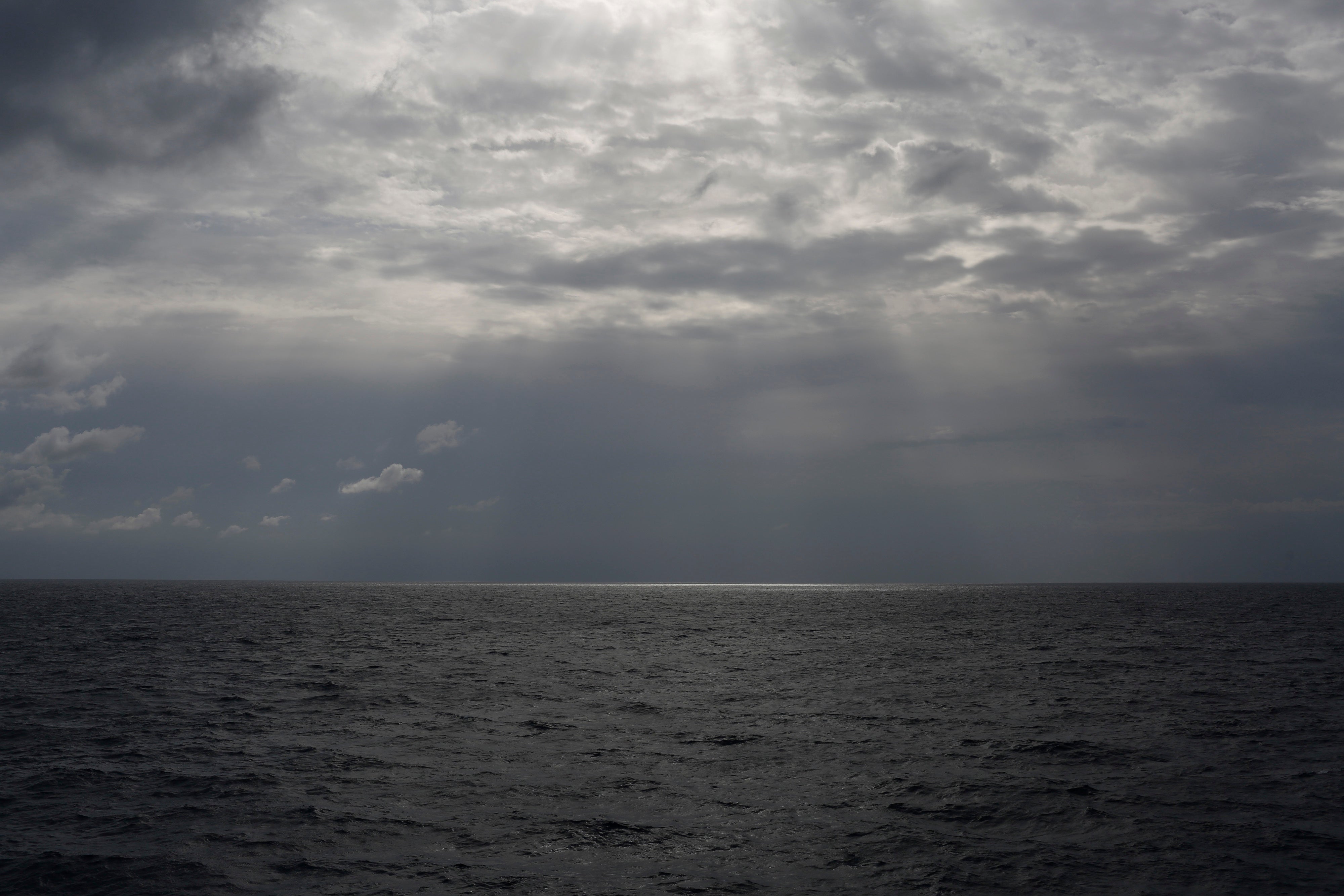Officials: Nigerian migrant burned alive in Libya's Tripoli
U.N. and government officials say a migrant worker was burned to death in the Libyan capital of Tripoli

Your support helps us to tell the story
From reproductive rights to climate change to Big Tech, The Independent is on the ground when the story is developing. Whether it's investigating the financials of Elon Musk's pro-Trump PAC or producing our latest documentary, 'The A Word', which shines a light on the American women fighting for reproductive rights, we know how important it is to parse out the facts from the messaging.
At such a critical moment in US history, we need reporters on the ground. Your donation allows us to keep sending journalists to speak to both sides of the story.
The Independent is trusted by Americans across the entire political spectrum. And unlike many other quality news outlets, we choose not to lock Americans out of our reporting and analysis with paywalls. We believe quality journalism should be available to everyone, paid for by those who can afford it.
Your support makes all the difference.A migrant worker was burned to death in the Libyan capital, U.N. and government officials said Wednesday, the latest in abuses that migrants and refuges face in the conflict-stricken country.
The interior ministry of the U.N.-supported government said three Libyans on Tuesday stormed a factory in the Tripoli neighborhood of Tajoura, where African migrants were working. The Libyans detained one the workers, a Nigerian, poured gasoline on him and set him on fire, the ministry said in a statement. No motive for the shocking crime was given.
Three other migrants suffered burns and were being treated in a nearby hospital, the ministry said. The alleged perpetrators, all in their 30s, were arrested and referred to prosecutors for investigation, it said.
“The young man was burned alive, in yet again another senseless crime against migrants in the country,” tweeted Federico Soda, the chief in Libya for the International Organization for Migration.
The migrant’s death underscores the perils that migrants face in Libya, which has emerged as a major transit point for African and Arab migrants fleeing war and poverty to Europe amid years-long chaos following the 2011 uprising that toppled and killed longtime dictator Moammar Gadhafi.
In May, the family of a slain Libyan human trafficker attacked a group of migrants in the desert town of Mizdah, shooting and killing at least 30 migrants. mostly from Bangladesh, according to the U.N. migration agency.
In July, Libyan authorities shot dead three Sudanese migrants in the western coastal town of Khoms. The migrants were reportedly trying to escape after they were intercepted by the Libyan coast guard in the Mediterranean Sea and returned to shore.
Migrants typically pass through Libya on their way to Europe, departing from Tripoli’s rocky coastline in inflatable dinghies.
The Libyan coast guard, trained by the European Union to keep migrants from reaching European shores, intercepts boats at sea and returns them to Libya.
Rights groups say those efforts have left migrants at the mercy of brutal armed groups or confined in squalid and overcrowded detention centers that lack adequate food and water.
The EU agreed earlier this year to end an anti-migrant smuggler operation involving only surveillance aircraft and instead deploy military ships to concentrate on upholding a widely flouted U.N. arms embargo that’s considered key to winding down Libya’s relentless war.